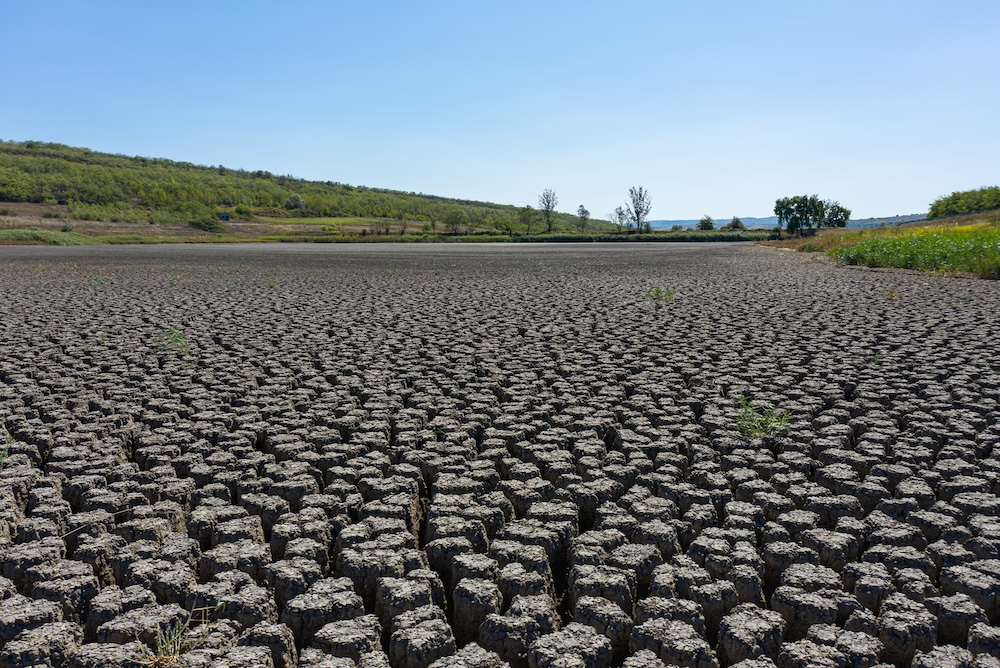Water is the foundation of life. It covers about 71% of Earth’s surface, yet only a small fraction is fresh water suitable for drinking, agriculture, and everyday use. As the global population rises and climate change intensifies, water conservation and management have become urgent priorities. Ensuring that this finite resource is safeguarded is not just about survival — it’s about building resilient, sustainable communities.
Why Water Conservation Matters
Water conservation is the careful, efficient use of water resources to ensure long-term availability. It means reducing waste, reusing water where possible, and adopting technologies that deliver more value with less consumption.
The stakes are high:
- Water scarcity now affects over two billion people worldwide, and droughts are becoming more frequent and severe.
- Agriculture and ecosystems suffer when freshwater supplies are depleted, undermining food security and biodiversity.
- Water pollution from industry, agriculture, and waste disposal further reduces access to safe water, making conservation and management inseparable from public health.
By conserving water today, we reduce the risk of scarcity tomorrow — ensuring supply for drinking, farming, ecosystems, and future generations.
The Challenges of Water Conservation and Management
Despite its urgency, water management faces complex barriers.
- Global scarcity: According to the UN, 2.2 billion people lack access to safe drinking water. Population growth, urbanization, and rising demand worsen the strain.
- Inefficient use: Many industries, farms, and households waste water due to outdated systems or lack of awareness.
- Climate change: Shifts in rainfall patterns, melting glaciers, and extreme weather events disrupt supply and amplify drought risk.
- Pollution: Toxic runoff and untreated wastewater contaminate rivers and aquifers, making clean water harder to secure.
Overcoming these challenges requires coordinated action at every level — from individual choices to global policy.
Factors That Influence Success
- Individual behavior: Daily actions matter. Fixing leaks, using efficient appliances, and shortening showers all conserve significant water when multiplied across millions of households.
- Government policies: Strong laws, fair water pricing, and investments in treatment and distribution systems shape long-term outcomes. Policies that incentivize efficiency and penalize waste can accelerate progress.
- Technology: Smart irrigation systems, low-flow fixtures, and water-efficient appliances reduce demand dramatically. Advanced recycling and desalination technologies expand supply.
- Public awareness: Education creates a culture of responsibility. Campaigns and school programs help communities understand that every drop saved makes a difference.
Companies Leading on Water Stewardship
Some corporations are demonstrating that business growth and water sustainability can align:
- Nestlé has implemented water-saving measures across factories and supports community clean water projects.
- Coca-Cola has pledged to replenish the water it uses through stewardship programs and efficiency improvements.
- Apple has reduced its water footprint by introducing closed-loop systems in facilities and encouraging suppliers to adopt conservation practices.
While companies like these have made progress, it’s important to recognize that corporate water use is still significant. True leadership requires not just efficiency but also transparency, accountability, and avoiding greenwashed claims.
Final Thoughts
Water conservation and management are central to both environmental sustainability and human well-being. The solutions are clear: conserve what we have, manage it wisely, prevent pollution, and embrace innovation. Success depends on collective effort — from households reducing waste, to governments creating strong policies, to businesses committing to transparent stewardship.
Every action creates a ripple. A repaired leak, a switch to water-efficient appliances, or a company shifting its production model can influence broader systems. Together, those ripples can grow into waves of change — securing this precious resource for generations to come.









Reader Interactions